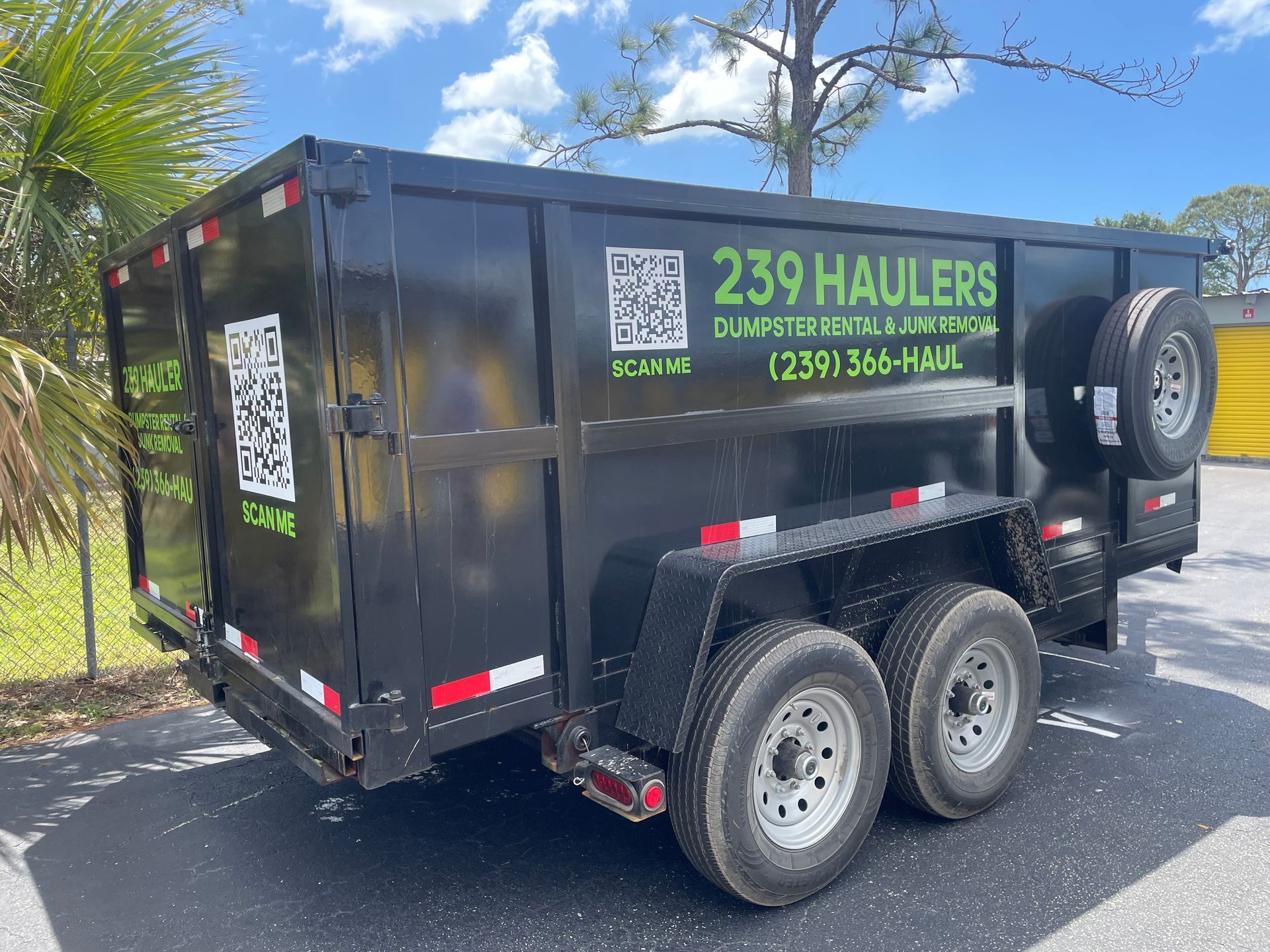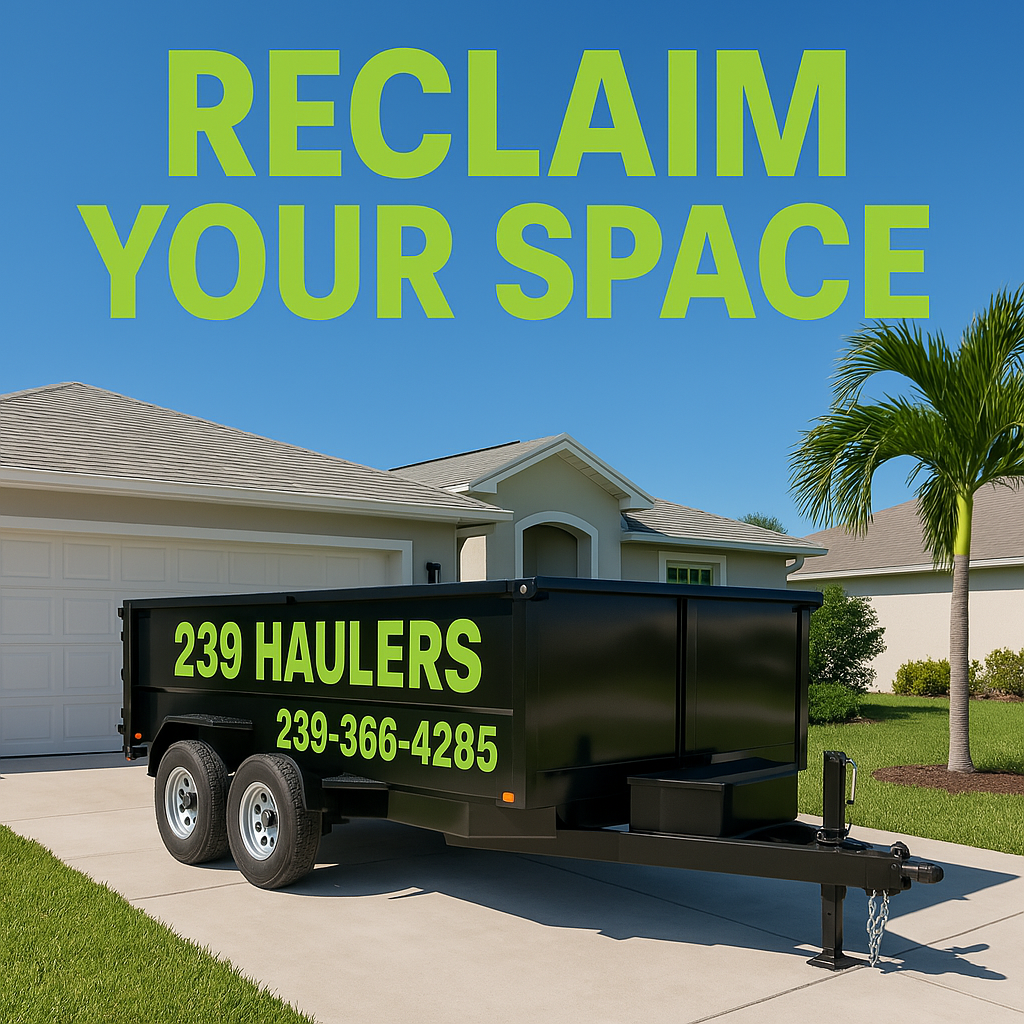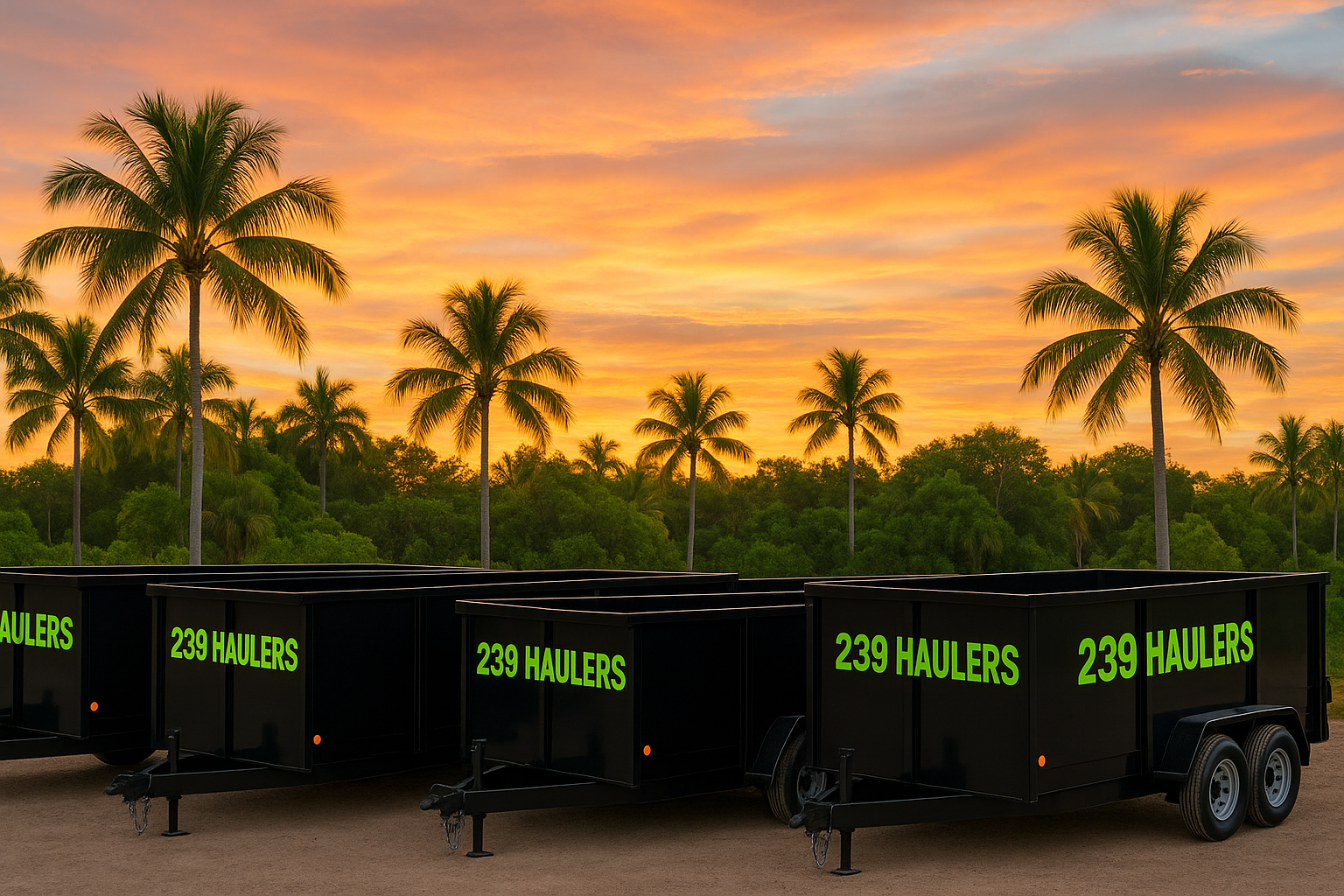Top 10 Dumpster Rental Tips For Roofing Projects
Top 10 Dumpster Rental Tips For Roofing Projects
Dumpster Rental Tips
When you’re embarking on a roofing project, one of the most important steps in the process is waste management. Whether you’re replacing shingles, removing old roofing materials, or handling construction debris, renting a dumpster is often the most efficient way to dispose of the waste. But with so many choices out there, it’s important to understand how to make the most of your dumpster rental. This guide offers top dumpster rental tips to help you stay organized, minimize costs, and keep your project on track.
1. Choose the Right Dumpster Size
One of the first things to consider when renting a dumpster for your roofing project is selecting the appropriate size. The size of the container will directly affect the cost and convenience of your rental. Too small, and you may find yourself needing an additional container halfway through the job; too large, and you could be paying for unnecessary space.
Discuss your project with the rental company to determine the best fit for your needs, and make sure to account for the type of waste generated, including shingles, wood, nails, and other materials.
2. Understand the Dumpster Costs
Before renting a container, make sure to inquire about dumpster costs. Prices can vary depending on factors like your location, the container size, and the weight of your waste. Many rental companies will include an upfront cost, which may cover a standard period, such as a week, with an allotted weight limit. Additional fees might apply if you exceed these limits or need the container for longer than planned.
To avoid unexpected costs, it's important to clarify the details of the pricing structure before you finalize your rental agreement. This will help you manage your budget and avoid surprise fees during your project.
3. Plan Your Delivery and Pickup Times
The timing of your dumpster rental is key to staying on schedule with your roofing project. Arrange for the container to be delivered before you start the job to ensure you have space to dispose of debris as it accumulates. You should also coordinate a pickup time to coincide with the completion of your project so you’re not left with a full container for days after you’re done working.
Planning ahead can save you time and prevent logistical headaches down the road.
4. Select the Right Location for the Dumpster
The container should be placed in a location that’s easily accessible for the workers and waste removal. Ideally, it should be positioned near the area where debris will be disposed of, but not in a spot that obstructs work areas or drives. Consider factors like:
- Traffic around your property
- Possible obstacles, such as trees or fences
- Local regulations that may limit placement on streets or sidewalks
If you need to place the dumpster on public property or the street, be sure to check if a permit is required.
5. Ensure Proper Disposal of Waste Materials
Not all materials can go into a dumpster. For roofing projects, there are specific materials that rental companies will accept, such as shingles, wood, and roofing nails. However, hazardous materials like asbestos or chemicals must be handled separately. Always confirm with your dumpster rental provider which materials are acceptable before disposing of any waste.
By ensuring that only appropriate materials are placed in your dumpster rental, you can avoid unnecessary fines and ensure the proper handling of your waste.
6. Consider a Concrete Dumpster Rental for Heavy Materials
If your roofing project involves heavy materials like concrete tiles or roofing stones, you may need a concrete dumpster rental. Standard containers might not be designed to handle the weight of these materials. Concrete can quickly add up in weight, potentially leading to overage charges if it exceeds the container’s weight limit.
Renting a specialized concrete dumpster can save you money and prevent potential issues with weight limits.
7. Fill the Dumpster Correctly
When filling your container, try to distribute materials evenly to maximize space and avoid overloading the dumpster. Piling debris too high can result in extra charges if the waste exceeds the container’s weight limit. Make sure to place heavier materials at the bottom of the dumpster and ensure the container is not filled above the rim.
By packing the dumpster efficiently, you ensure you’re getting the most value for your rental.
8. Know the Weight Limit of Your Dumpster
Every dumpster rental comes with a weight limit, which is one of the factors that influences dumpster costs. Roofing materials like shingles and wood can quickly add up in weight, so it’s important to stay within the limit to avoid overage charges. If you’re unsure about the weight, ask the rental company for an estimate of how much weight your container can hold.
Some rental companies may offer weight calculators or provide guidance on how much debris you can safely put in the dumpster, helping you avoid costly penalties.
9. Maximize the Use of Your Dumpster
Roofing projects can create significant amounts of debris, so it’s important to maximize the space and use of your container. Here are some strategies:
- Break down larger items, such as wood planks, to create more space.
- Keep nails, small debris, and waste organized to avoid losing space.
- Load items evenly to prevent shifting and uneven weight distribution.
Efficiently filling the dumpster rental means you can dispose of more waste without incurring additional costs or needing another container.
10. Choose a Reliable Dumpster Rental Service
One of the most important dumpster rental tips is to choose a reliable company. The right rental service will offer a variety of container sizes, transparent pricing, and convenient delivery and pickup options. You want a company that specializes in roofing debris and understands the unique needs of your project.
For example, 239 Haulers offers reliable dumpster rental services for roofing projects. Our team will work with you to determine the perfect size for your project, provide transparent pricing, and ensure timely pickup, helping your roofing project stay on track.
FAQs About Dumpster Rentals For Roofing Projects
How much does it cost to rent a roll off dumpster for a roofing project?
The cost of renting a
dumpster for a roofing project typically depends on the size of the container, the weight of your debris, and the rental period. On average, a
container rental can cost between $300 and $500, but it’s best to request a custom quote based on your specific project needs.
What are the typical waste materials accepted in a roofing dumpster rental?
Most roofing dumpster rentals accept materials like shingles, wood, roofing nails, and underlayment. However, materials like asbestos or hazardous waste should not go into the dumpster. Be sure to check with your provider for a list of acceptable materials.
Can I rent a dumpster for a short period for a roofing project?
Yes, many companies offer flexible rental periods for roofing projects. You can often rent a
dumpster rental for a few days or longer, depending on your project timeline. Be sure to confirm the rental period and ask about any overage fees for extended use.




